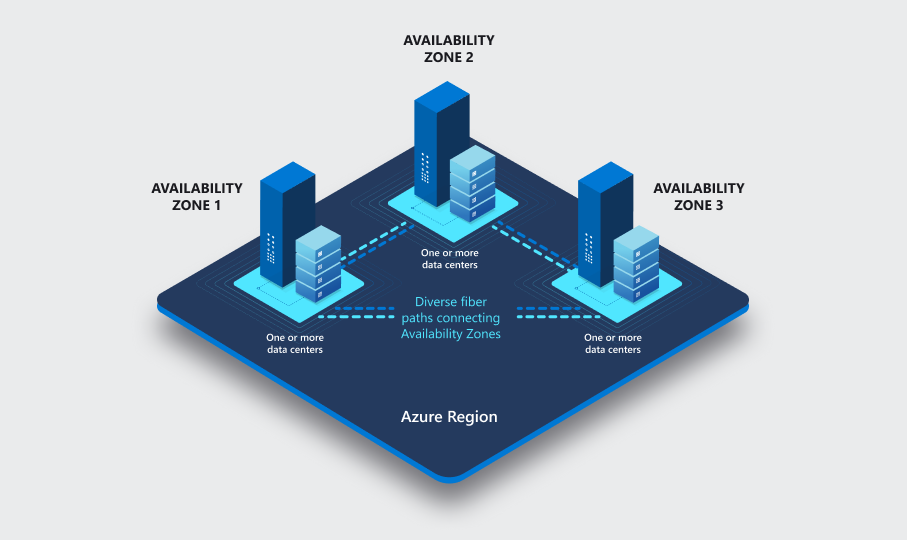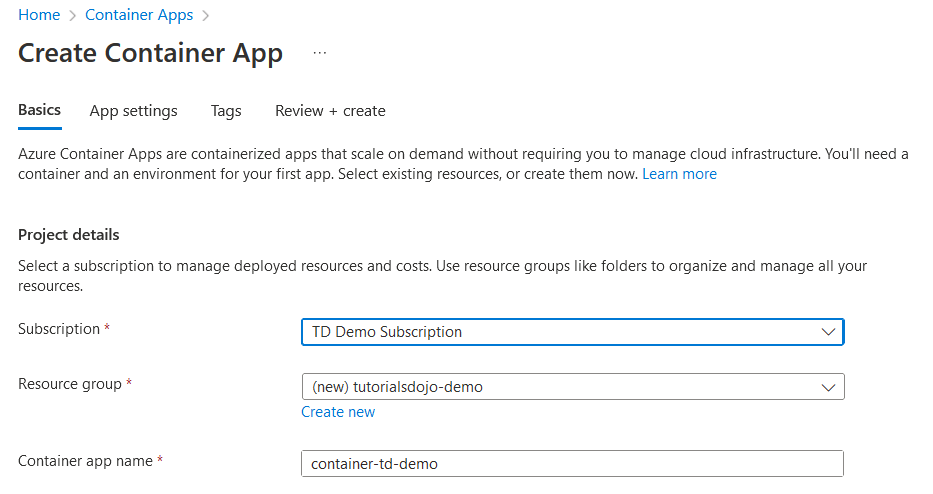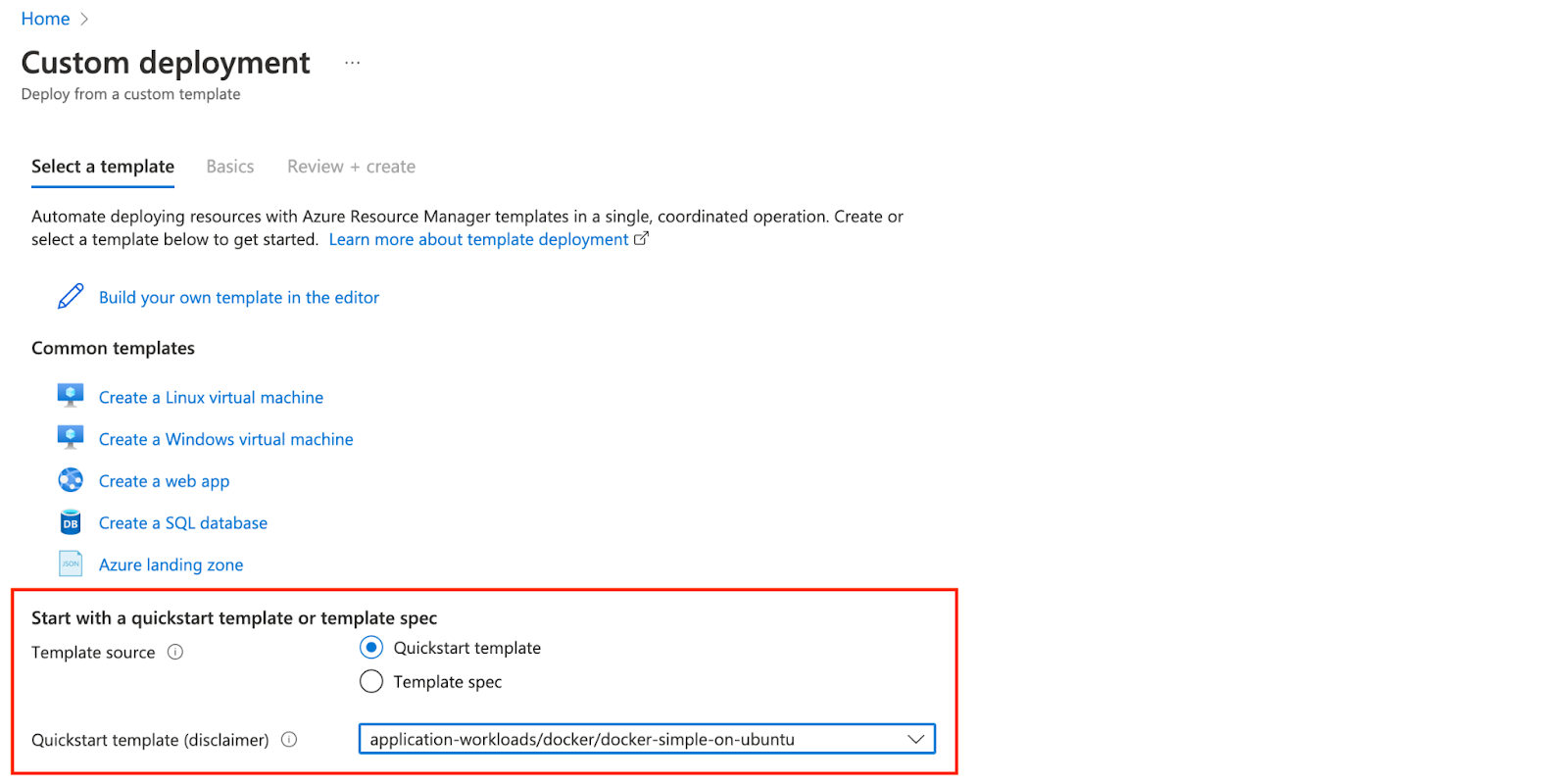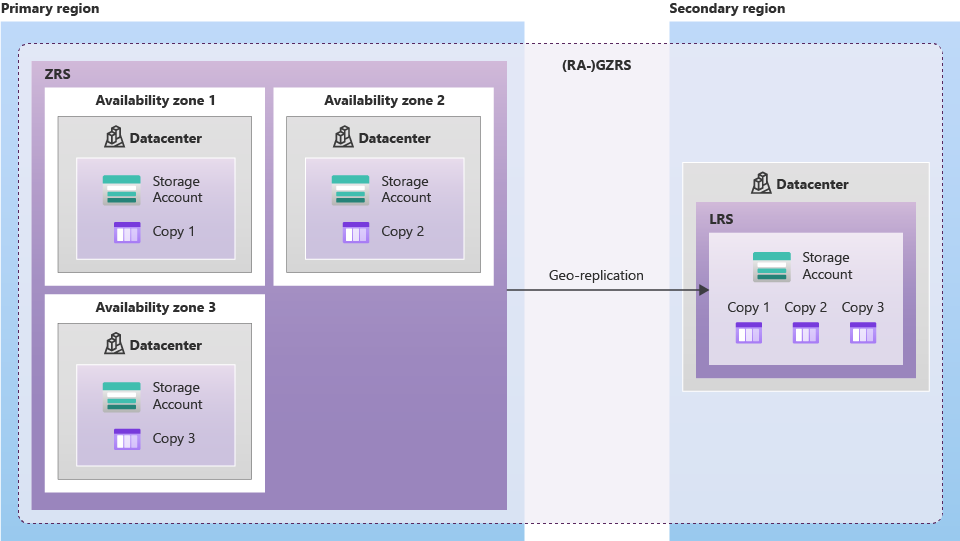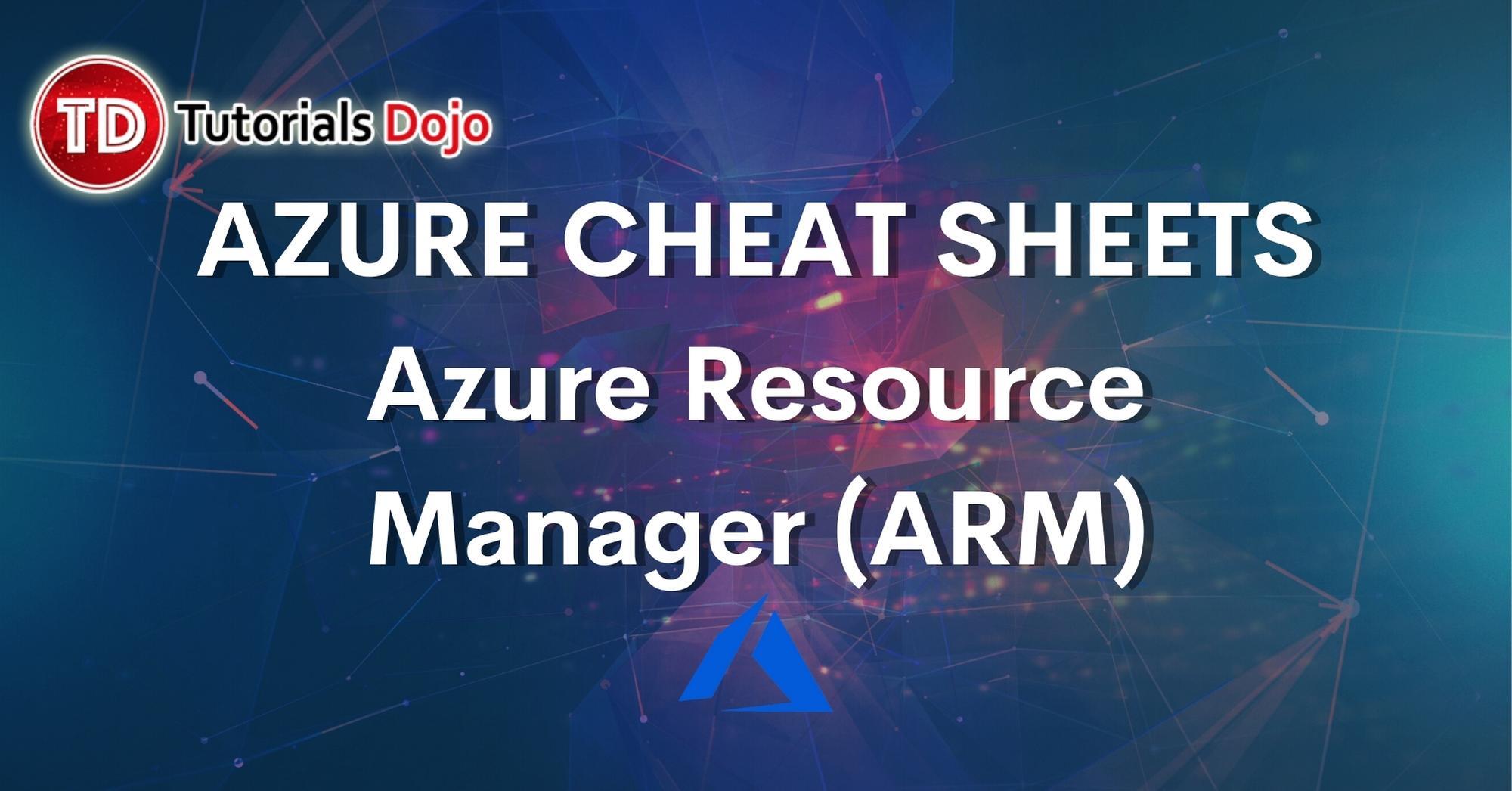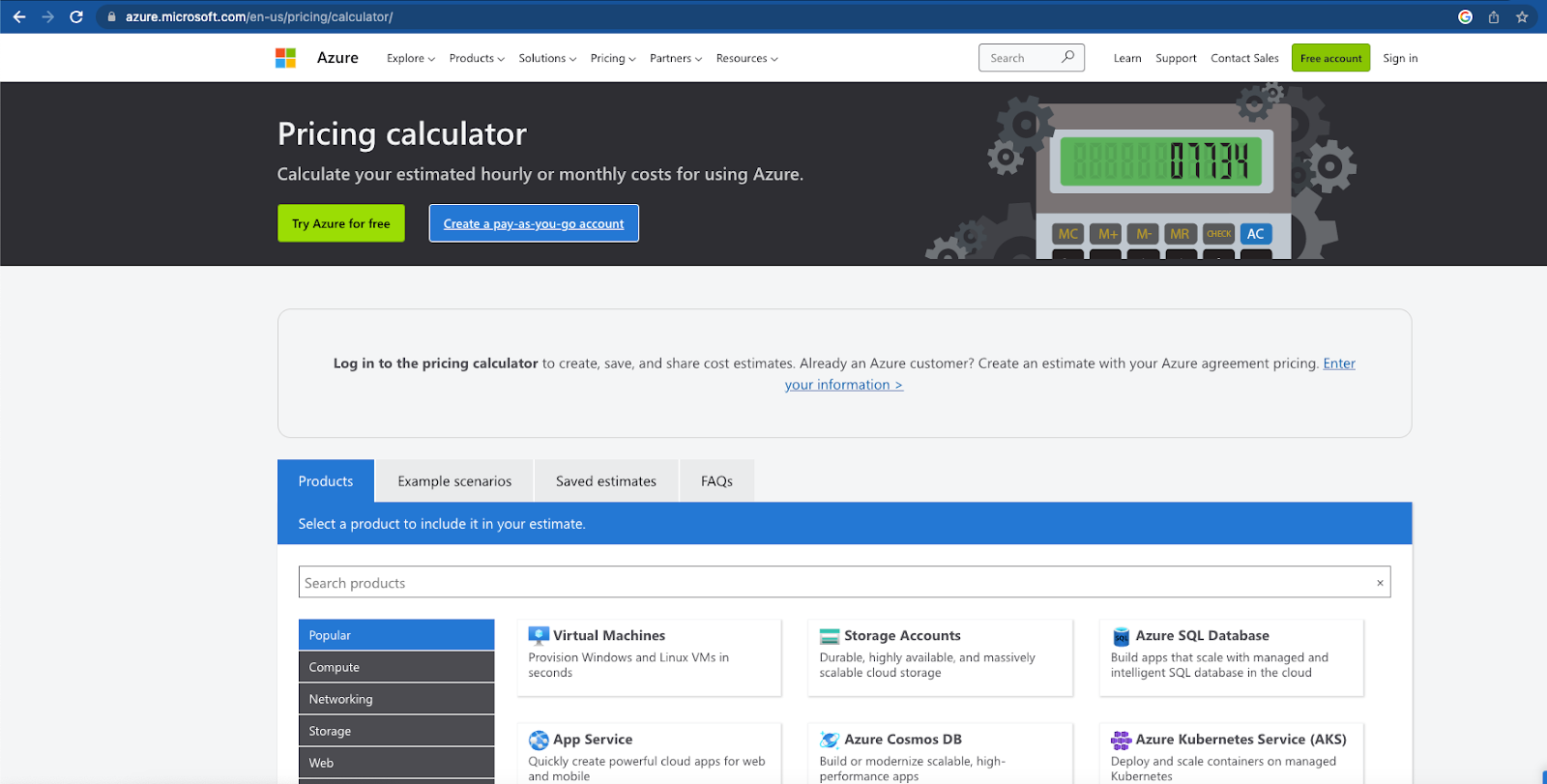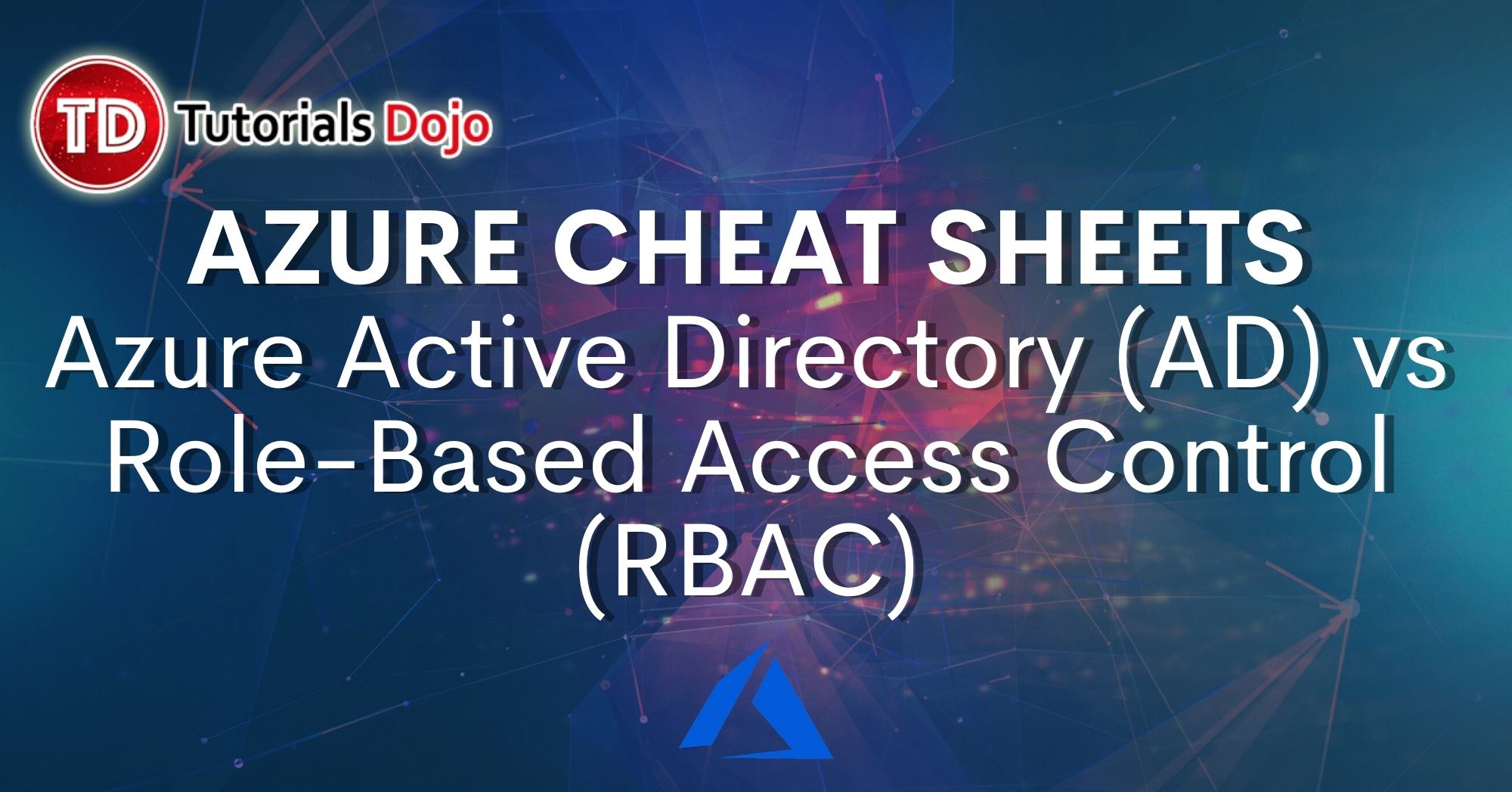Azure 101: Regions And Availability Zones
Matt Hidalgo2023-03-20T01:52:44+00:00Natural disasters are no laughing matter that we can take for granted; they can seriously mess up a business and its operations, especially when using traditional on-premises IT infrastructure. Luckily, with Azure regions and availability zones, companies can have a backup plan to ensure data redundancy, disaster recovery, scalability, and remote access. With Microsoft Azure, companies can continue to operate even in the face of natural disasters. This means that businesses can stay operational regardless of what Mother Nature throws their way. Azure Regions are geographically discrete data centers located in different locations around the world. It provides locations across [...]

